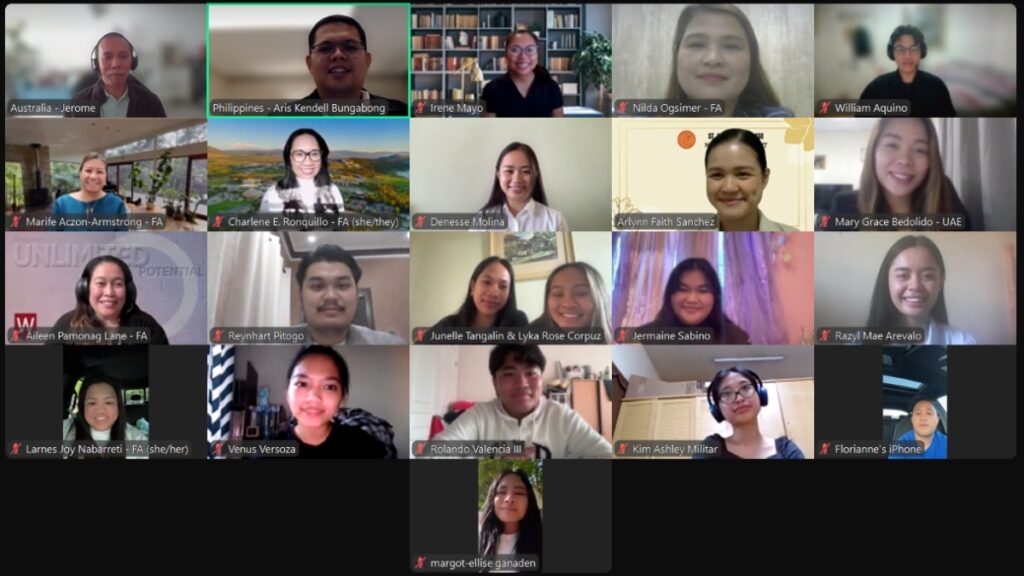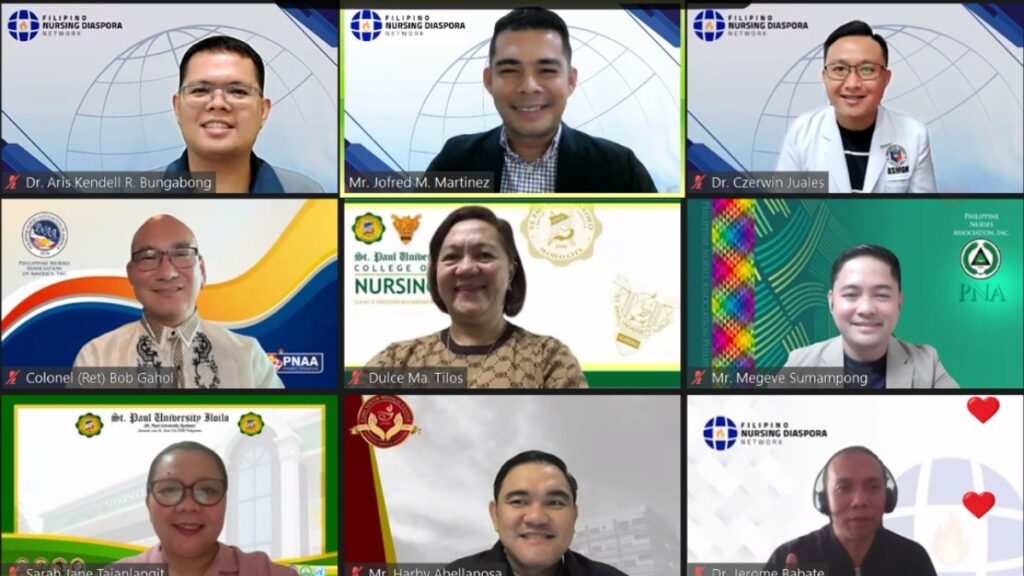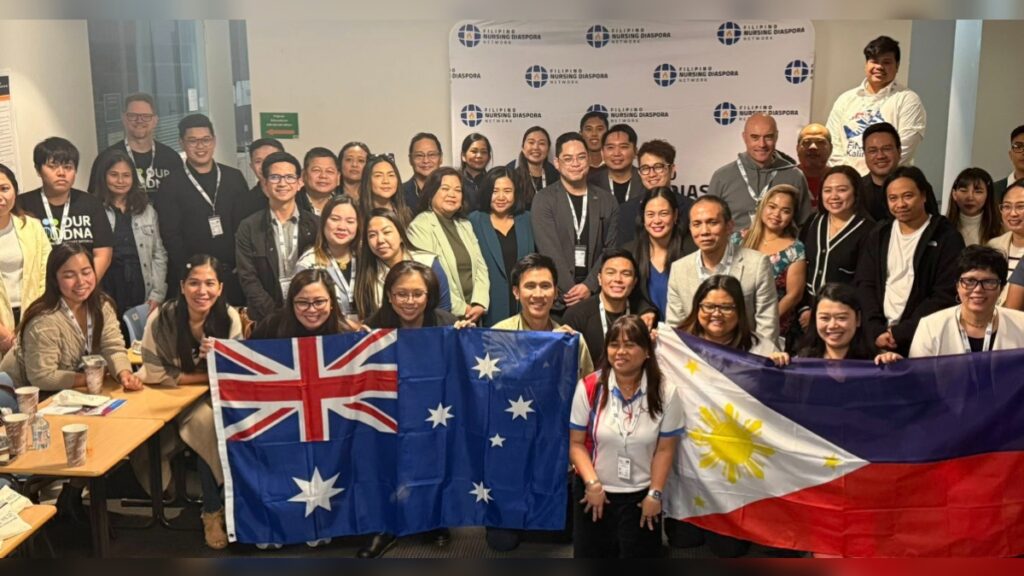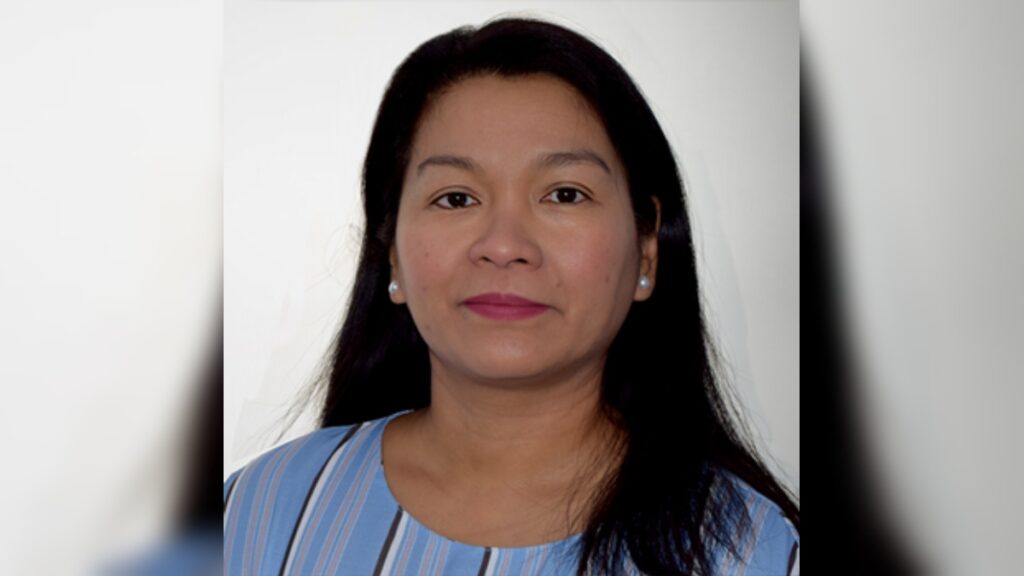Across the corridors of hospitals, classrooms, and training halls in Qatar and beyond, Filipino nurses continue…
Continue ReadingAuthor: Jerome Babate

A new wave of leadership: Filipino nurses in the Middle East redefine excellence
Across the corridors of hospitals, classrooms, and training halls in Qatar and beyond, Filipino nurses continue…
Continue Reading
What nurses hope from Pope Leo XIV
One of the most urgent global issues today is the mass migration of nurses, particularly from countries like the Philippines. For decades, Filipino nurses have formed the backbone of health systems in the United States, the United Kingdom, Saudi Arabia, Canada, and many other countries. These nurses leave their families behind to fill critical staffing gaps abroad, providing essential care in hospitals, clinics, and aged care facilities. While this migration offers economic opportunities for families back home, it also exposes nurses to enormous challenges — exploitative recruitment practices, contract violations, discrimination, family separation, and mental and physical strain. Global health systems today depend heavily on this flow of nursing talent from the Global South to wealthier nations, but too often, the cost is borne by the workers themselves. Health workforce shortages in donor countries like the Philippines deepen as more nurses leave, putting enormous pressure on the local health system. Meanwhile, host countries often fail to ensure adequate labor protections, fair wages, or pathways to career advancement for the internationally educated nurses they rely on. This is why the 2025 International Nurses Day (IND) theme, announced by the International Council of Nurses (ICN), is so timely and powerful: “Caring for nurses strengthens economies.” The theme shifts the focus toward the health, wellbeing, and rights of the nursing workforce itself — not just their service to patients, but their dignity as professionals. It emphasizes that when nurses are supported, protected, and valued, health systems perform better, patient outcomes improve, and economies benefit. The ICN’s call to action challenges governments, health institutions, and society to recognize that nurses are not just tools to fix health system problems; they are human beings who require decent work, fair compensation, mental health support, continuing education, and ethical recruitment practices. For countries like the Philippines, this also means creating domestic conditions that make staying home a viable option for nurses — addressing low pay, under-resourced hospitals, career stagnation, and the lack of institutional support that pushes so many abroad. Filipino nurses, both those working at home and those scattered across the world, need moral leadership to champion their cause. This is where the recent election of Pope Leo XIV offers a new horizon of hope. By choosing the name “Leo,” the new pope directly evokes the legacy of Pope Leo XIII, whose 1891 encyclical Rerum Novarum laid the foundation for Catholic social teaching on labor and the rights of workers. Rerum Novarum, written in the context of the Industrial Revolution, made a bold moral claim: that economic systems must serve human dignity and the common good, not just profit (Pontifical Council for Justice and Peace, 2004). It defended the right of workers to organize, to receive fair wages, and to labor under just conditions. These principles remain profoundly relevant today — especially for the millions of migrant nurses who sustain global health systems but are too often invisible or undervalued. Pope Leo XIV, as the moral voice of 1.3 billion Catholics worldwide, can shine a powerful light on the global nursing workforce, especially migrant nurses from the Global South. He has the opportunity to call for ethical recruitment, just labor conditions, and the recognition of migrant healthcare workers as vital contributors to the global common good. His voice could inspire governments, health organizations, and even employers to reform unjust practices and adopt policies that center human dignity.…
Continue ReadingOne of the most urgent global issues today is the mass migration of nurses, particularly from countries like the Philippines. For decades, Filipino nurses have formed the backbone of health systems in the United States, the United Kingdom, Saudi Arabia, Canada, and many other countries. These nurses leave their families behind to fill critical staffing gaps abroad, providing essential care in hospitals, clinics, and aged care facilities. While this migration offers economic opportunities for families back home, it also exposes nurses to enormous challenges — exploitative recruitment practices, contract violations, discrimination, family separation, and mental and physical strain. Global health systems today depend heavily on this flow of nursing talent from the Global South to wealthier nations, but too often, the cost is borne by the workers themselves. Health workforce shortages in donor countries like the Philippines deepen as more nurses leave, putting enormous pressure on the local health system. Meanwhile, host countries often fail to ensure adequate labor protections, fair wages, or pathways to career advancement for the internationally educated nurses they rely on. This is why the 2025 International Nurses Day (IND) theme, announced by the International Council of Nurses (ICN), is so timely and powerful: “Caring for nurses strengthens economies.” The theme shifts the focus toward the health, wellbeing, and rights of the nursing workforce itself — not just their service to patients, but their dignity as professionals. It emphasizes that when nurses are supported, protected, and valued, health systems perform better, patient outcomes improve, and economies benefit. The ICN’s call to action challenges governments, health institutions, and society to recognize that nurses are not just tools to fix health system problems; they are human beings who require decent work, fair compensation, mental health support, continuing education, and ethical recruitment practices. For countries like the Philippines, this also means creating domestic conditions that make staying home a viable option for nurses — addressing low pay, under-resourced hospitals, career stagnation, and the lack of institutional support that pushes so many abroad. Filipino nurses, both those working at home and those scattered across the world, need moral leadership to champion their cause. This is where the recent election of Pope Leo XIV offers a new horizon of hope. By choosing the name “Leo,” the new pope directly evokes the legacy of Pope Leo XIII, whose 1891 encyclical Rerum Novarum laid the foundation for Catholic social teaching on labor and the rights of workers. Rerum Novarum, written in the context of the Industrial Revolution, made a bold moral claim: that economic systems must serve human dignity and the common good, not just profit (Pontifical Council for Justice and Peace, 2004). It defended the right of workers to organize, to receive fair wages, and to labor under just conditions. These principles remain profoundly relevant today — especially for the millions of migrant nurses who sustain global health systems but are too often invisible or undervalued. Pope Leo XIV, as the moral voice of 1.3 billion Catholics worldwide, can shine a powerful light on the global nursing workforce, especially migrant nurses from the Global South. He has the opportunity to call for ethical recruitment, just labor conditions, and the recognition of migrant healthcare workers as vital contributors to the global common good. His voice could inspire governments, health organizations, and even employers to reform unjust practices and adopt policies that center human dignity.…
Continue Reading
Filipino nursing students unite across seven countries for impactful roundtable discussion
Earlier today, the 2nd Filipino Nursing Students Roundtable — a signature initiative of the Filipino Nursing…
Continue ReadingEarlier today, the 2nd Filipino Nursing Students Roundtable — a signature initiative of the Filipino Nursing…
Continue Reading








